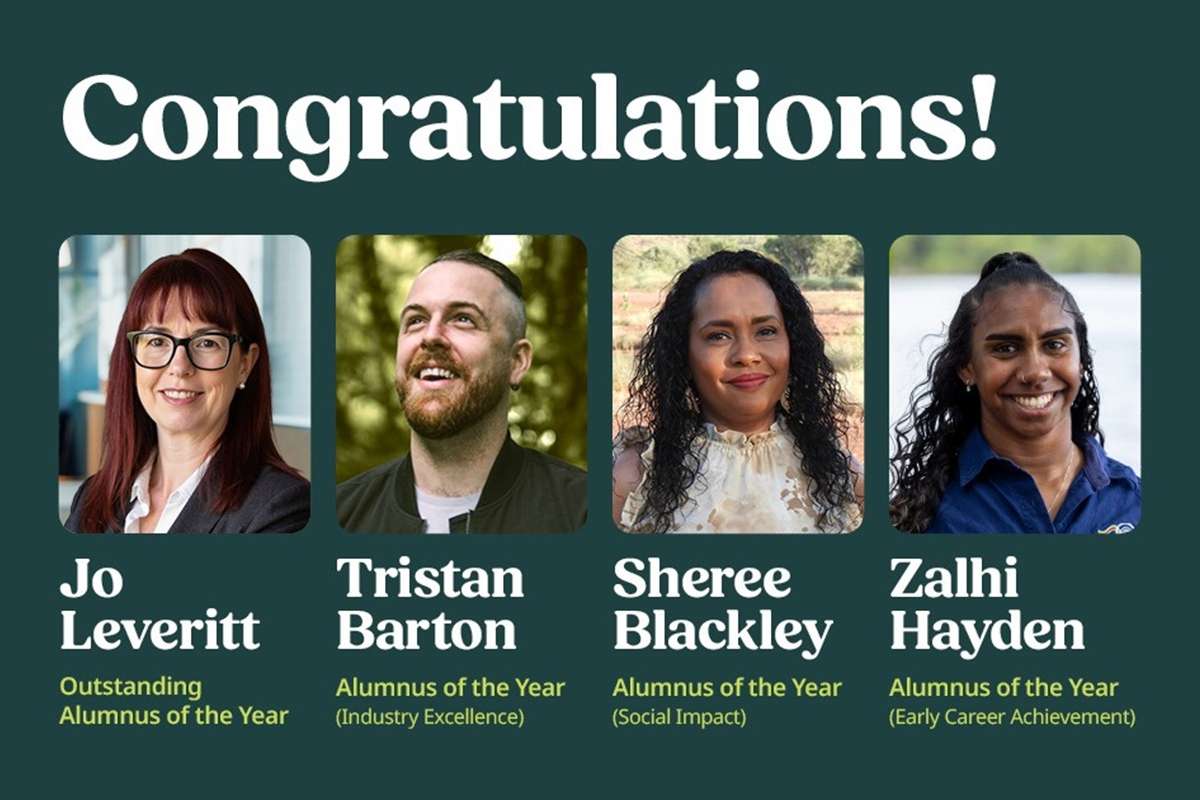News

Alumni Award recipients
Latest News
Explore More
Podcasts
CQUniversity's podcast series explores topics, events, research and issues - with experts who provide more than just the headlines.
Social Media
Engage, connect and share with CQUniversity on our range of social media profiles and channels.
Be Magazine
Be – the magazine for people who want to be, or already are, connected to CQU.
Connect With Us
Media Resource Centre
There's always something happening at CQUniversity - whether it's a students, staff or alumni achievement, a research breakthrough or simply a good news story - you'll find it all here.
Subscribe
Want to stay up to date with what’s happening at CQUniversity? Delivered straight to your inbox, our weekly news digest will keep you in the loop of all the important news and events coming out of CQU, as well as the latest audio, video and social media content.
Contact Us
The Corporate Communications team at the CQUniversity is the central point of contact for all media enquiries, promoting university research and providing expert commentary.

